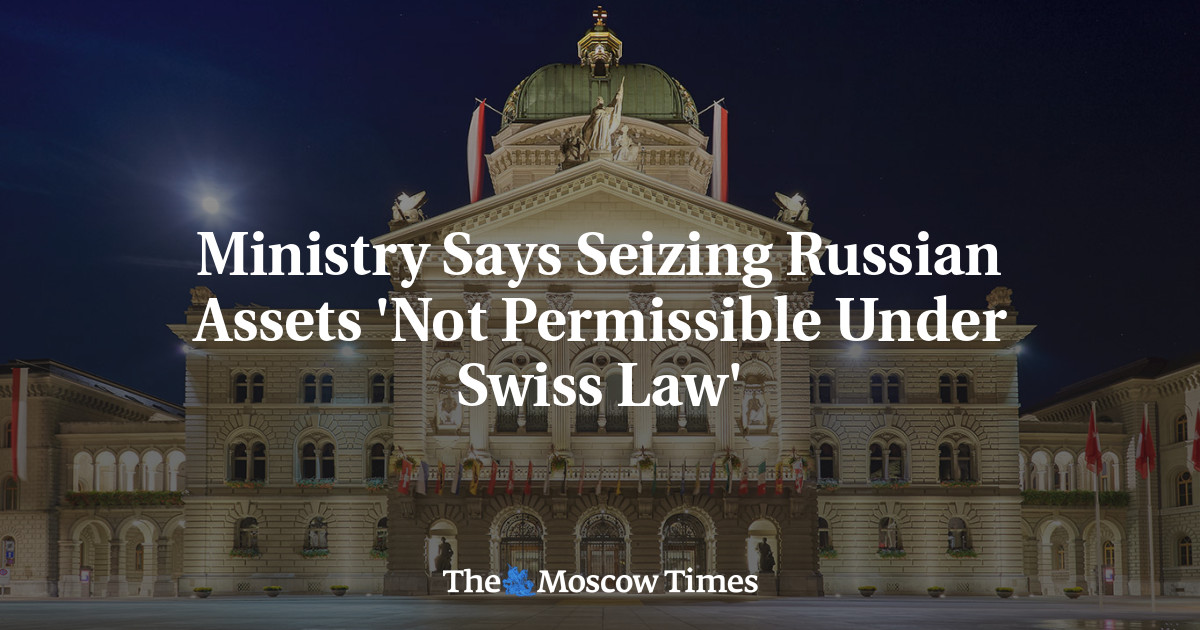
Switzerland’s government announced Wednesday that confiscating private Russian assets in the country to help rebuild Ukraine would be contrary to Swiss law.
Traditionally neutral Switzerland decided four days after Russia invaded a year ago to align itself with European Union sanctions against Moscow, since when it has frozen billions in Russian assets.
Faced with international proposals to use confiscated assets to help rebuild Ukraine, Switzerland’s Federal Council, as the government is known, had asked a justice department working group to clarify the legality of such a move.
The group concluded that “the expropriation of private assets of lawful origin without compensation is not permissible under Swiss law,” a government statement said.
“The confiscation of frozen private assets is inconsistent with the Federal Constitution and the prevailing legal order and violates Switzerland’s international commitments.”
The government said it had taken note of the conclusion, stressing that “support for Ukraine will continue, independent of the discussions on frozen assets.”
Bern said it was engaged in other international discussions, including on the potential confiscation of Russia’s Central Bank currency reserves and other state assets.
“The introduction of tougher criminal penalties for violating sanctions is also being examined,” it said.
Several initiatives are underway in parliament towards relaxing the re-export rules to make it possible for Swiss war materiel to be transferred via third countries to Ukraine, though any decision is still likely months away.